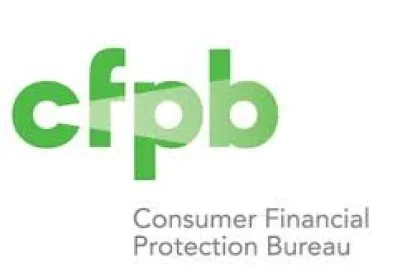On July 10, the Consumer Financial Protection Bureau (CFPB) issued its Final Arbitration Rule. While the CFPB's Final Rule publication weighs in at 775 pages, the rule itself occupies only 11 pages, and the Official Interpretations comprise an additional 18 pages. The remaining 746 pages are dedicated to explaining what the CFPB views as its "mandate" for the Rule, its study of arbitration in consumer financial transactions and its perceived need for the Rule.
The following is a brief summary of the Rule's provisions.
To Whom Does the Rule Apply?
Persons who provide any of the following consumer financial products or services: extensions of credit; lead providers; "platform" lending marketers/servicers; debt settlement, management and repair; debt collection; money transmitters; and loan servicers
Who is Specifically Excluded From the Rule?
Specifically excluded from the Rule are employers; federal, state and tribal governments and their "arms"; persons regulated by the Securities and Exchange Commission, the Commodity Futures Trading Commission, or a state securities commission; broker dealers or investment advisers; certain sellers of nonfinancial goods or services who are not otherwise subject to the CFPB's rulemaking authority; and entities who extend 25 or fewer consumer loans in each of the current and previous calendar years.
What Does the Rule Prohibit or Require?
The Rule effectively bans the inclusion of a class action waiver in any covered transaction. Additionally, it requires that any "covered person" who includes an arbitration provision in his/her contract with a consumer include, inter alia, a notice that "neither we nor anyone else will rely on this agreement to stop you from being part of a class action case in court." It requires the submission of certain arbitration and court records to the CFPB, and requires that entities that acquire a covered contract that pre-dates the effective date of the rule and includes an arbitration provision amend the contract, if necessary, to include the required language.
When Does the Rule Go Into Effect?
The effective date is 60 days after publication of the Rule in the Federal Register; the compliance date—the date on which a covered person must comply with the rule—is 180 days after the effective date. Publication in the Federal Register is expected within the next seven days.





 />i
/>i
